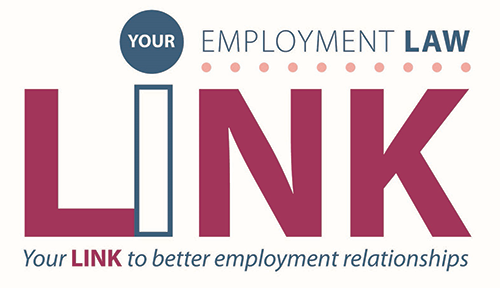Mediated settlements are confidential

Most employees who raise a personal grievance will end up in Mediation. If they have a case then they and their employer probably will reach agreement that will require the employer to pay them some money. The agreement will be confidential which means that the only thing they can say to anyone is that the problem has been sorted out. As Diana Henry, a former employee of the Warehouse in Motueka discovered, telling Ms Moody, a checkout operator at the Warehouse, that she had won and received monetary compensation breached the agreement and resulted in her getting not a cent.
Diana Henry is not alone when it comes to breaches of this kind. Bradley Smart, from the neighbouring city of Nelson, a former employee of J C Contracting, has too failed to keep his mouth zipped. To be fair to Ms Henry, it would be wrong to suggest that she admitted the breach. She went down fighting by claiming that every single aspect of Ms Moody’s evidence was wrong: There had been no discussion about the mediated settlement, the case being won or money being paid out and no introduction to one of her family members, as Ms Moody had claimed. The question for the Authority was how Ms Moody came to know about the settlement: Did she learn about it from Ms Henry or someone else? The only other person to know about it was the Store Manager, Mr Cotton: He had been at Mediation. Ms Henry claimed he had it in for her and had spread the word. Mr Cotton denied this and said that at mediation he had asked the mediator to spell out to Ms Henry the effect of the confidentiality provisions. He said that the reason for doing so was that he thought it would have a negative effect on staff if they knew that Ms Henry had got a pay-out. While the Authority’ decision does not say why Mr Cotton thought this would be so, the only sense that can be made of his evidence is that he thought staff did not believe Ms Henry deserved any pay-out and would be disappointed to learn she was going to receive one. He was probably right given Ms Moody was “so surprised” by Ms Henry’s information that she felt the need to consult her superior. The Authority rejected Ms Henry’s suggestion that Mr Cotton had spread the word by describing it as “fanciful”; and therefore he concluded that Ms Henry was the source of Ms Moody’s information. Ms Henry was to get $2,500.00 as part of the settlement. The Authority decided she had “to forego” it and reserved the question of costs. The law on costs is that because Ms Henry lost she will have to make a contribution towards the Warehouse’s legal costs. We will be particularly interested in this decision.
As for Bradley Smart, the Authority found that he told his new employer whohoo I won and, when asked by another employee how much he got, he replied compared to the money I’m making here, I’ve got enough to last me till Easter. While Bradley denied saying this, the Authority disagreed and ordered him to pay a penalty of $750.00 with an order for costs to come, should he and the company not reach agreement on how much he should pay them.
The moral to these stories for everyone who signs a mediated settlement, is that you need to keep your mouth zipped. We know this will be difficult for many employees because friends and family members will know what has happened and will pressure them to tell all. They need to remember the town or city in which they live is very small. What they say can travel far and wide very quickly. They should not forget that secrets invariably are not kept and assume the person they previously worked with is their friend or someone they can confide in. Finally, if they breach confidentiality it can be very expensive indeed and, as Ms Henry and Mr Smart will have discovered, publicly embarrassing.
Latest Update: Kristel McLeod and Robert Beentjes have joined Ms Henry and Mr Smart on the list of employees who have breached the terms of a mediated settlement and incurred penalties. However, unlike Ms Henry and Mr Smart while they kept their mouths zipped they let their fingers do the talking.
Robert breached the “no-slagging” clause that said neither party will speak ill of the other to a third party, including any reference to the principals/directors of the Employer. Robert decided to send a text message that breached the clause, not to a friend, but to a former manager of the employer who he called “an arsehole and greedy and accusing him of having lied”. The penalty imposed was $2,500.00. Kristel breached a similar provision in the settlement agreement. She used Facebook and seemingly believed at the time that publishing “the truth” would be okay. She was wrong. Her penalty was $2,000.00. The latest employee to cop a $3000.00 penalty is Graeme Vivian from Palmerston North. He said “I learnt my lesson big time”.
Published on Friday, March 27th, 2015, under Blog


